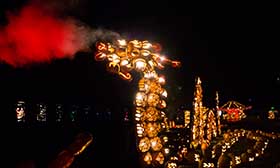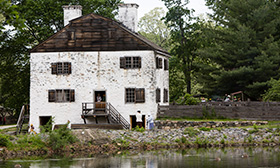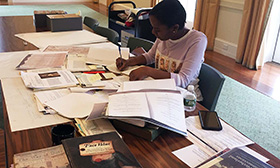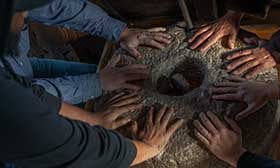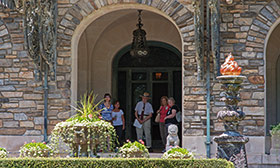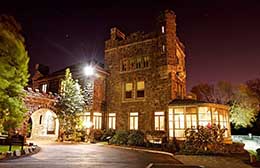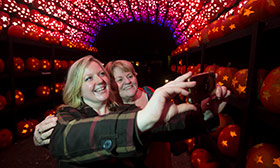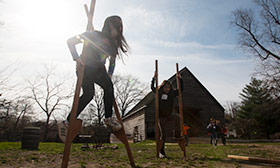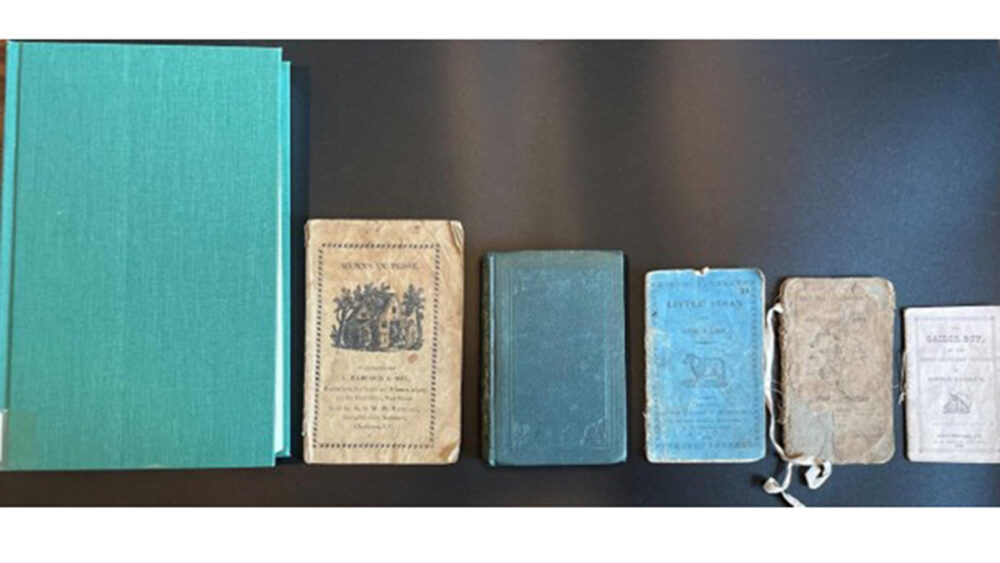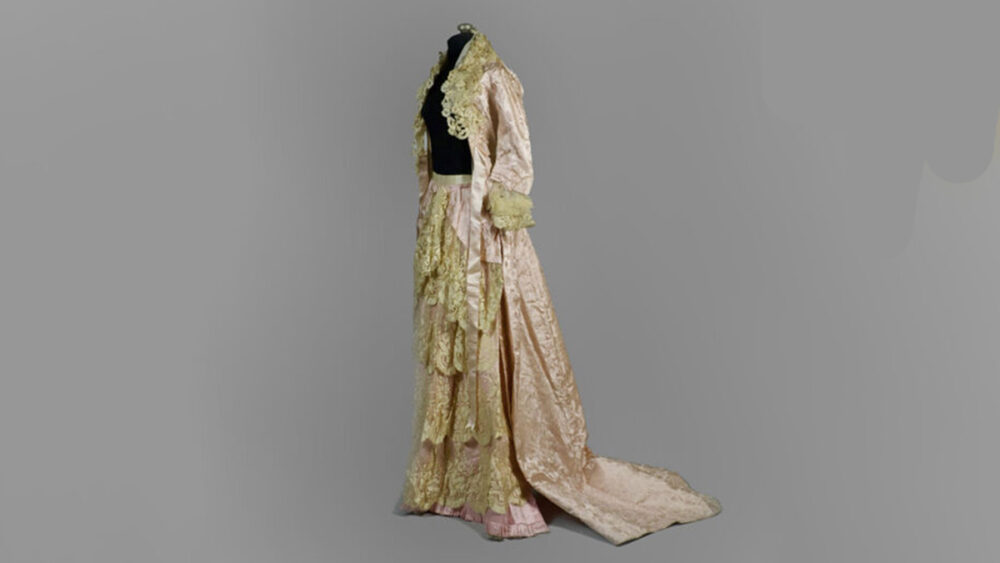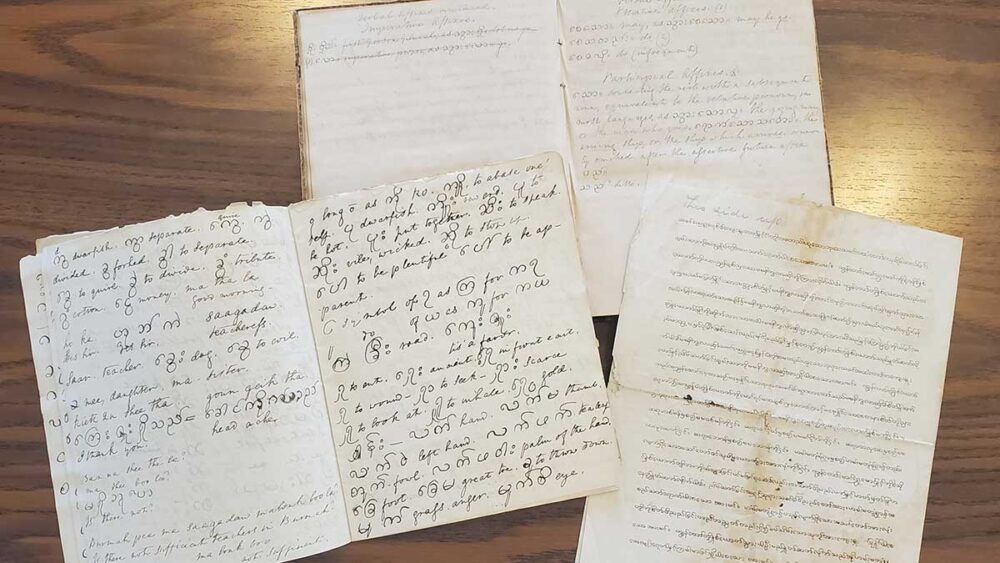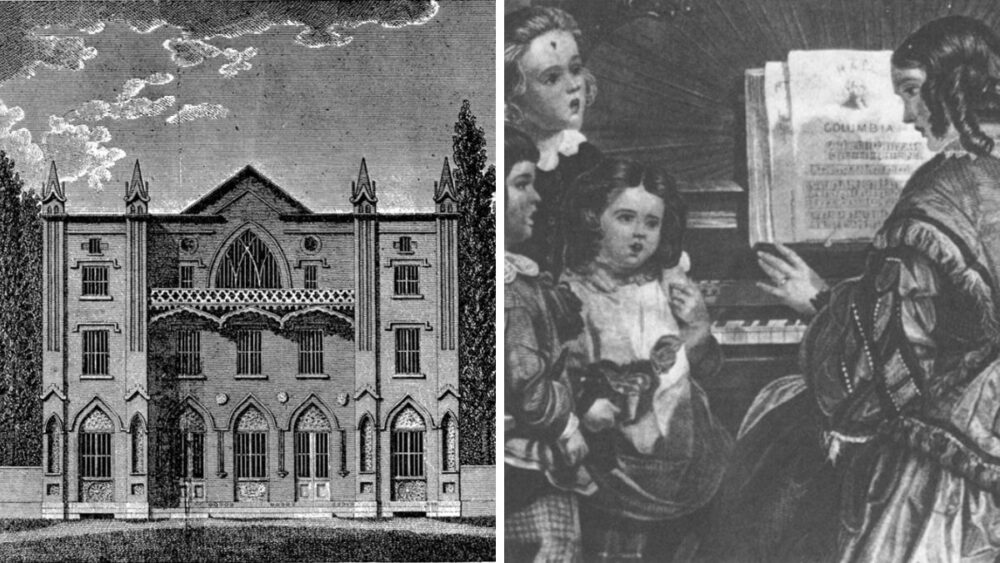Ann Hoffman Nicholas: A Woman on an International Mission
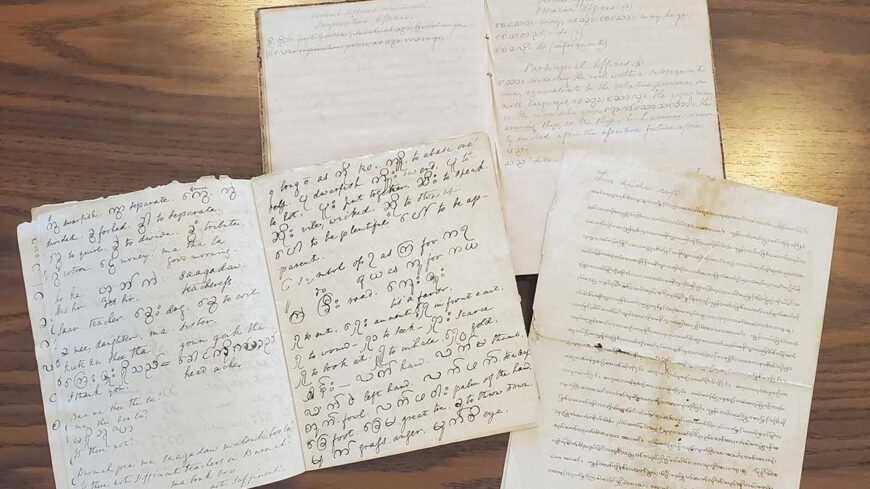
On this International Women’s Day, let us look at a 19th-century woman who was attracted to a truly international occupation.
In many regards, Ann Hoffman Nicholas (January 22, 1790 – April 17, 1840) received the typical upbringing of a comfortable middle-class girl of her time. A lady’s education at finishing schools in New York and Philadelphia introduced Ann to high society and prepared her to take her place in its ranks. Yet, even from a young age, her path took unusual turns. At age 13, she joined her father and the young Washington Irving on a trek through then-wilderness to the St. Lawrence River, an adventure documented in Irving’s journals in which he described Ann as “brilliant both as to beauty and natural talent”. Ann later enrolled at a Montreal “convent” with the intention of mastering the French language. In following years, she also became fluent in Spanish and Italian.
Ann married Charles Jenkins Nicholas on June 29, 1809. The two had a tumultuous courtship; their marriage proved to be the same. Ann bore at least five children with only two surviving into later childhood. By 1825, her marriage was over. She focused on her daughters’ education and eventually began teaching, residing in Stockbridge, Massachusetts and Albany, NY. A later record reveals “a ‘finishing’ Ladies School kept by Mrs. and Miss Nicholas, in Whitesboro, N. Y.” In January 1831 Ann “took upon the name & obligations of a Christian” and converted to the Baptist faith; eventually ending up at the Hamilton Literary and Theological Seminary.
Training for missionary work was a core feature of Hamilton from its inception in 1817 with graduates taking posts all over the world. In 1833, the famous missionaries to Burma, Jonathan Wade and his wife Deborah (D.B.L. Wade), returned to Hamilton to recuperate and attract new missionaries.
The Annual Meeting of Baptist Board of Foreign Missions at New York June 1834 reported:
“…there was another object which commended itself strongly to the favor of the Board… Having a number of brethren and sisters under appointment for missionary service in the east, they were anxious to make an experiment with a view to decide the question whether it is better that missionaries should learn the languages of the heathen before they leave their own country, or not until they have arrived at their fields of labor… the Board resolved immediately to open, at Hamilton, N. Y. a mission school… Accordingly, Mr. and Mrs. Wade, together with the native teachers…repaired to that place and commenced operations…. Eight pupils have enjoyed its advantages, and their success in acquiring the Burman and Karen, is regarded as triumphant proof of the wisdom that dictated the enterprize.”
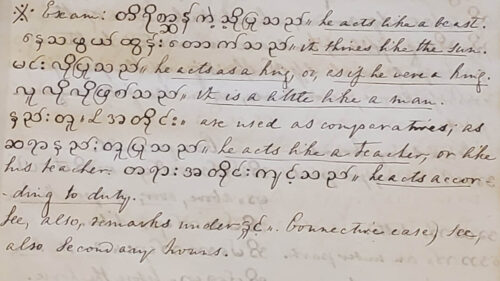
Several of Ann’s journals in the collections of our library contain Burman notation with her handwriting; it is clear she was among this number learning Burman with the Wades as well as “Moung Shwa Moung, a Burman, and Ko Chet-thing, a Karen.” In July 1834, the Wades and their contingent returned to Burma. Prior to departing, D.B.L. wrote to Ann from Hartford:
“We arrived in Nyack from our Lantham journey on the evening of the 2d and our Burman + Karen brethren were much disappointed in not seeing you. They talked a long time about the disappointment + said ‘We shall never see Mama Nicholas again until we get to Heaven!’ The preceding page written by Moung-Shway Moung you will be able to translate for the amusement of those friends whose names are mentioned. I enclose a picture of both which they send you with sincere Christian love.”
Yet Ann did not, nor did either of daughters, continue to Burma with the Wades. We don’t know why. Instead, their time in Hamilton came to a close the next year. Ann’s eldest daughter Matilda and her family took a posting with the Home Mission effort in Illinois in 1835. Ann and her other daughter Emma joined them in late 1836. Life in Illinois was rough going for the former city-dwelling Nicholas women but they persevered as always, setting up a school, purchasing land grants, traveling to Chicago and other parts of the region for religious obligations as well as social engagements. Ann died in Belvidere, IL on April 20, 1840 at age 50.
Ann’s notebooks provide a fascinating but still undiscovered legacy. The library staff is currently seeking a skilled translator to reveal more about Ann’s life through her journals and letters in the Karen language.

